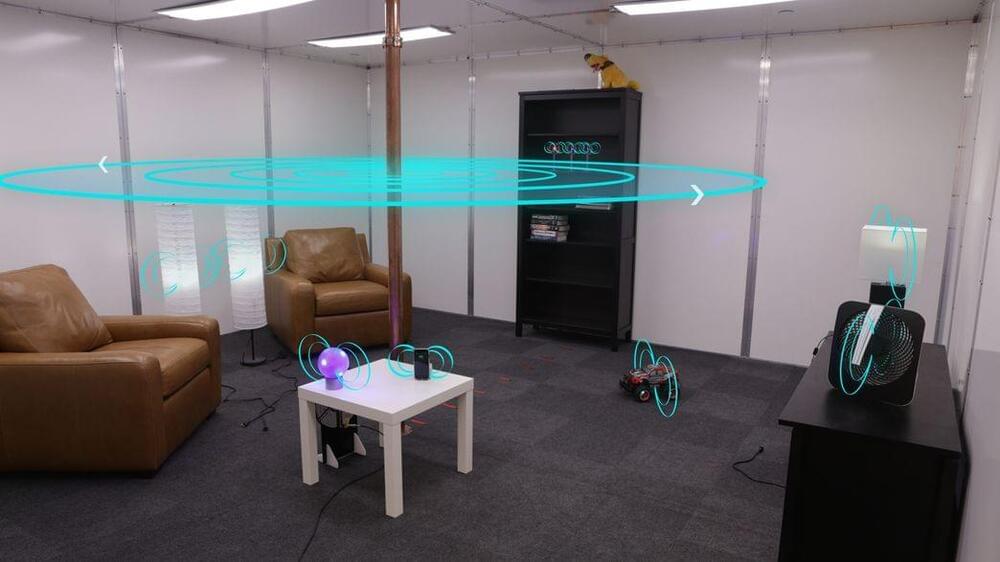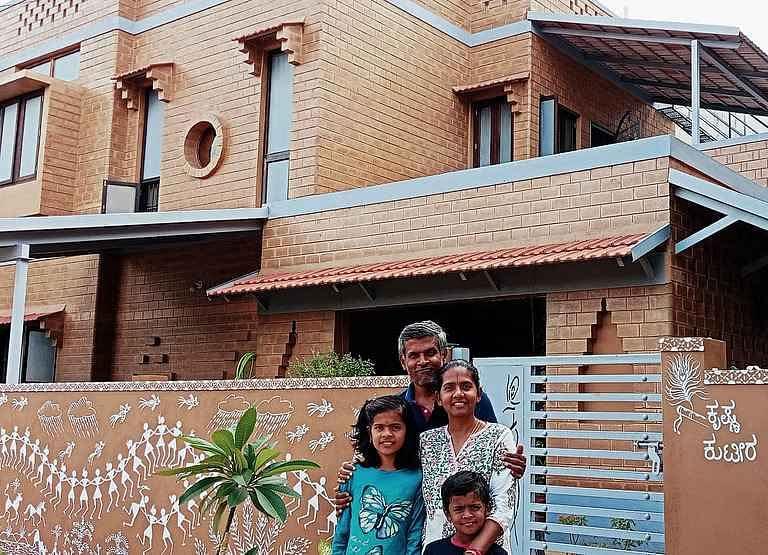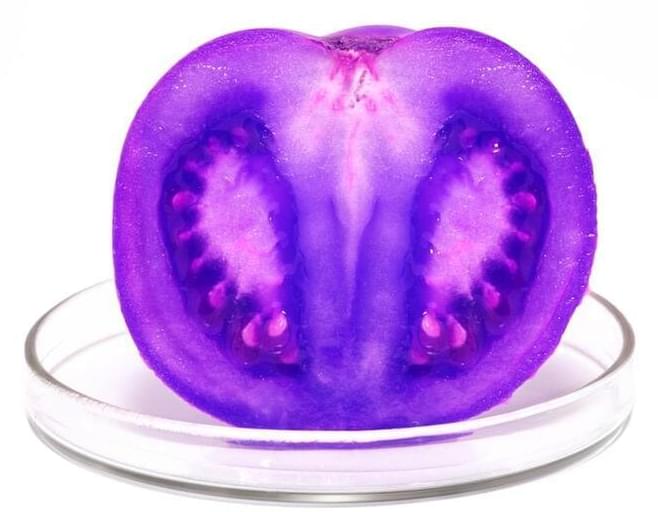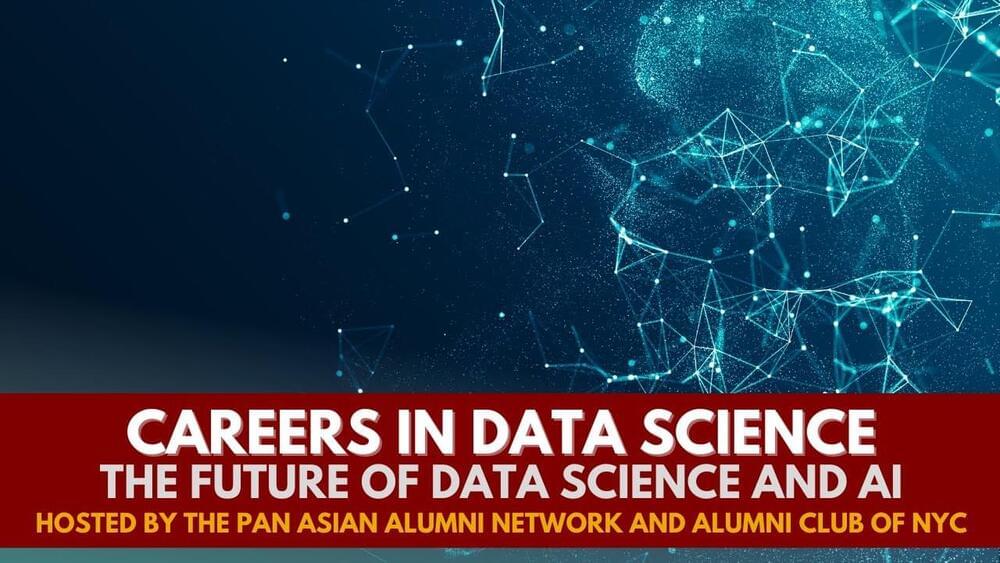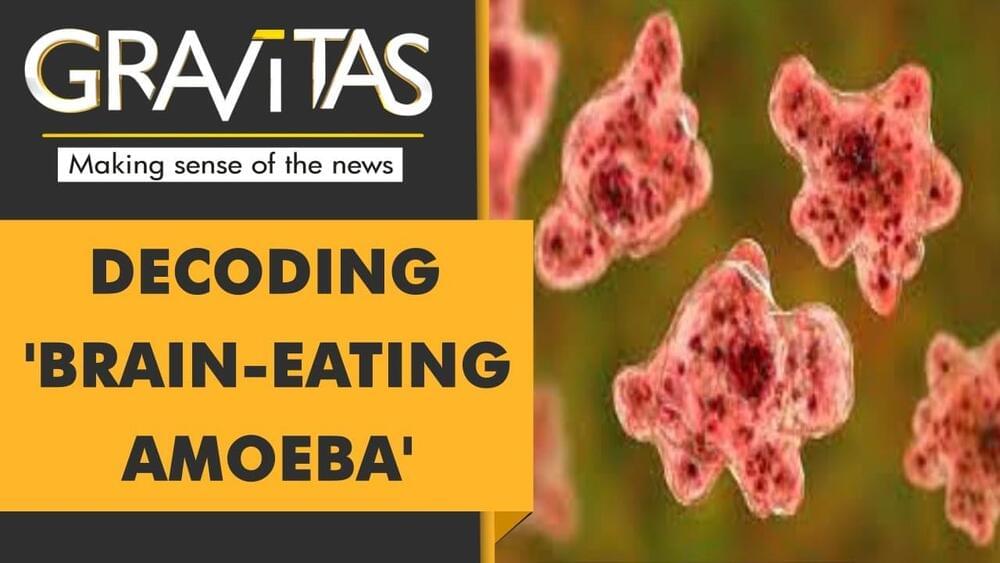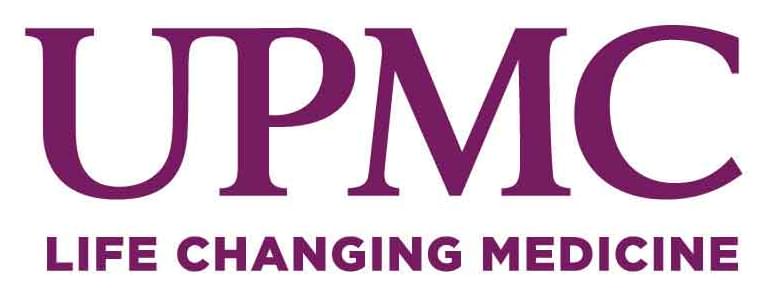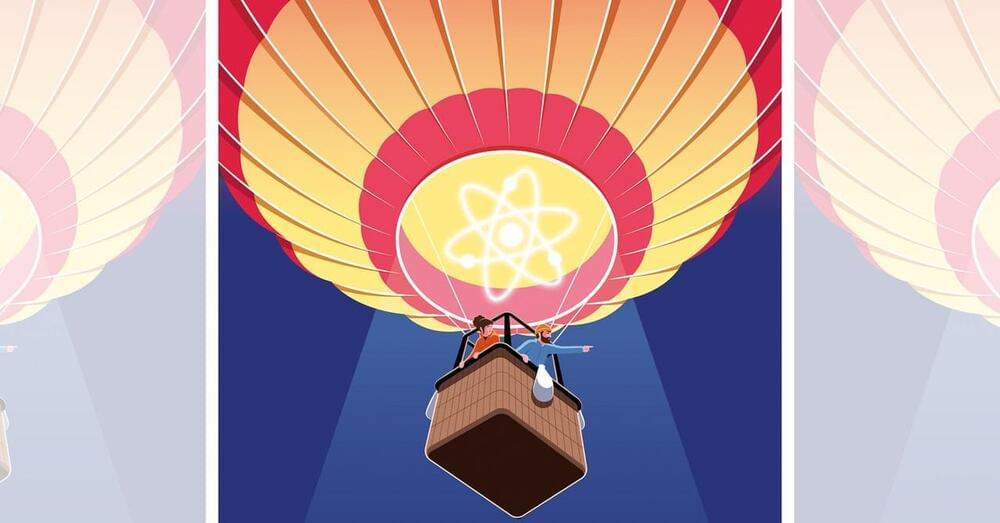Dec 27, 2022
Disney Researchers Make Wireless Power Transfer Breakthrough
Posted by Shubham Ghosh Roy in categories: innovation, mobile phones
Mickey Mouse, Donald Duck, and… breakthroughs in wireless power transfer? Yep, scientists at a branch of the Walt Disney Company called Disney Research have found a way to charge devices on a room-scale without using any wires.
Wireless power is an idea that goes back to the 19th century, with Serbian-American inventor Nikola Tesla perhaps being its most famous proponent. But getting it to work has been a bit of a problem, with the extent of modern wireless power coming mostly in the form of electric toothbrushes or flat charging pads for phones.
Continue reading “Disney Researchers Make Wireless Power Transfer Breakthrough” »
